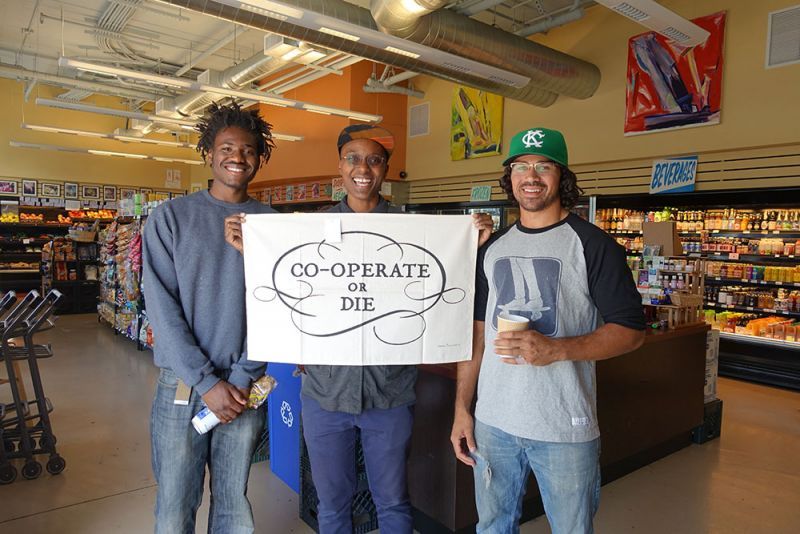
The latest study published by the international network Oxfam, “Ripe for change”, on inequality in global value chains provides for the first time estimates of the value distribution over the past 20 years for food products sourced from the Global South.
The report suggests that the level of ‘vertical integration’ – the extent to which producers are able to organize production up to the export stage, usually by building direct links with buyers in consumer countries – has a significant effect on their share of the end consumer price. It gives special attention to discussing the benefits of producer cooperatives (pages 81-82) underlining that for small‐scale farmers, “a significantly higher share of the end consumer price (around 26% on average) is achieved where farmers are organized in cooperatives." By contrast, a far lower share of the end consumer price (around 4% on average) is secured where small-scale farmers are dependent on private processors or exporters to channel their products to consumer markets.
According to the “Cooperatives and employment second global report” employment in or within the scope of cooperatives concerns at least 279.4 million people across the globe, or 10% of the world’s employed population. Out of this figure, self-employed producer-members, concerns over 252.2 million people, the vast majority based in agriculture. The study published by Oxfam presents concrete examples of producers’ cooperatives in Rwanda, the UK, Georgia and India, proving how cooperative groups allow farmers to aggregate their produce, supporting marketing and a stronger bargaining position with buyers. They also support the sharing of risks and a stronger negotiating position to purchase inputs such as fertilizer and pesticides – thus reducing costs.
Over the last decades, agricultural supply chains have become more global, and are tightly controlled by a small number of food companies and retailing chains that connect agricultural producers with an ever-growing population of consumers. In this context, Oxfam International conducted this research on the value distribution – from farmers up to consumers – across a basket of food products purchased by international retailers, and an assessment of the necessary changes to ensure that small producers and workers can achieve sustainable livelihoods.
Read the full study here




